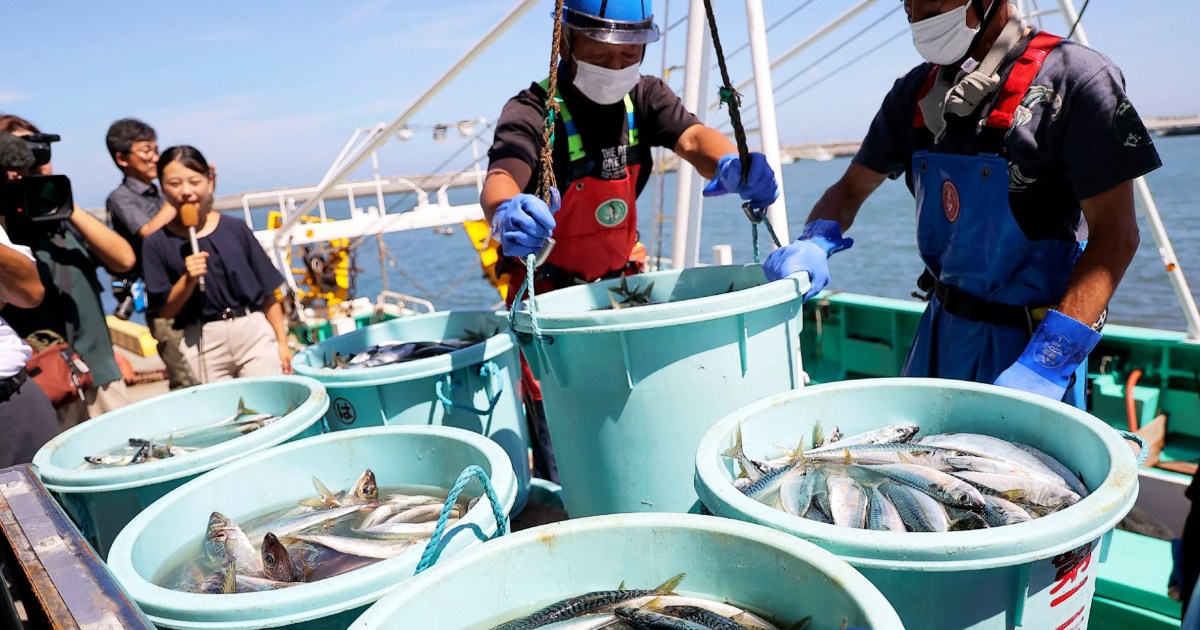The United States has started bulk buying Japanese seafood to supply its military there in response to China’s ban on such products imposed after Tokyo released treated water from its crippled Fukushima nuclear plant into the sea.
Unveiling the initiative in a Reuters interview on Monday, U.S. ambassador to Japan Rahm Emanuel said Washington should also look more broadly into how it could help offset China’s ban that he said was part of its “economic wars.”
China, which had been the biggest buyer of Japanese seafood, says its ban is due to food safety fears.
The U.N.’s nuclear watchdog vouched for the safety of the water release that began in August from the plant wrecked by a 2011 tsunami. G7 trade ministers on Sunday called for the immediate repeal of bans on Japanese food.



The onus for evidence actually is on China. The UN nuclear watchdog says the water is safe. China needs to provide evidence to the contrary.
That makes no sense. They don’t have to prove anything. If China thinks Japan has not provided the necessary information to ensure that seafood imported from Japan is safe, they can choose to stop buying Japanese seafood. Japan can negotiate and provide the evidence China is asking for if they want to continue selling seafood to Chinese customers. What’s so crazy about that?
Because this information has been provided. The UN has certified the information.
China is fully within its rights to refuse to buy the seafood nonetheless, but without additional independent analysis they have no evidence to support that decision.
As far as I’m aware, the information China was requesting has not been provided. The UN and the IAEA have their own criteria for determining safety that do not necessarily overlap with China’s. It also makes sense China has more stringent criteria given they would be the most impacted by contaminated seafood.
That said, I do believe it is in Japan’s economic interest to accuse China of making politically motivated decisions. Japan exports a lot of a seafood and wants to protect their reputation. If anyone thinks China has valid concerns, that could jeopardize the Japanese fishing industry.